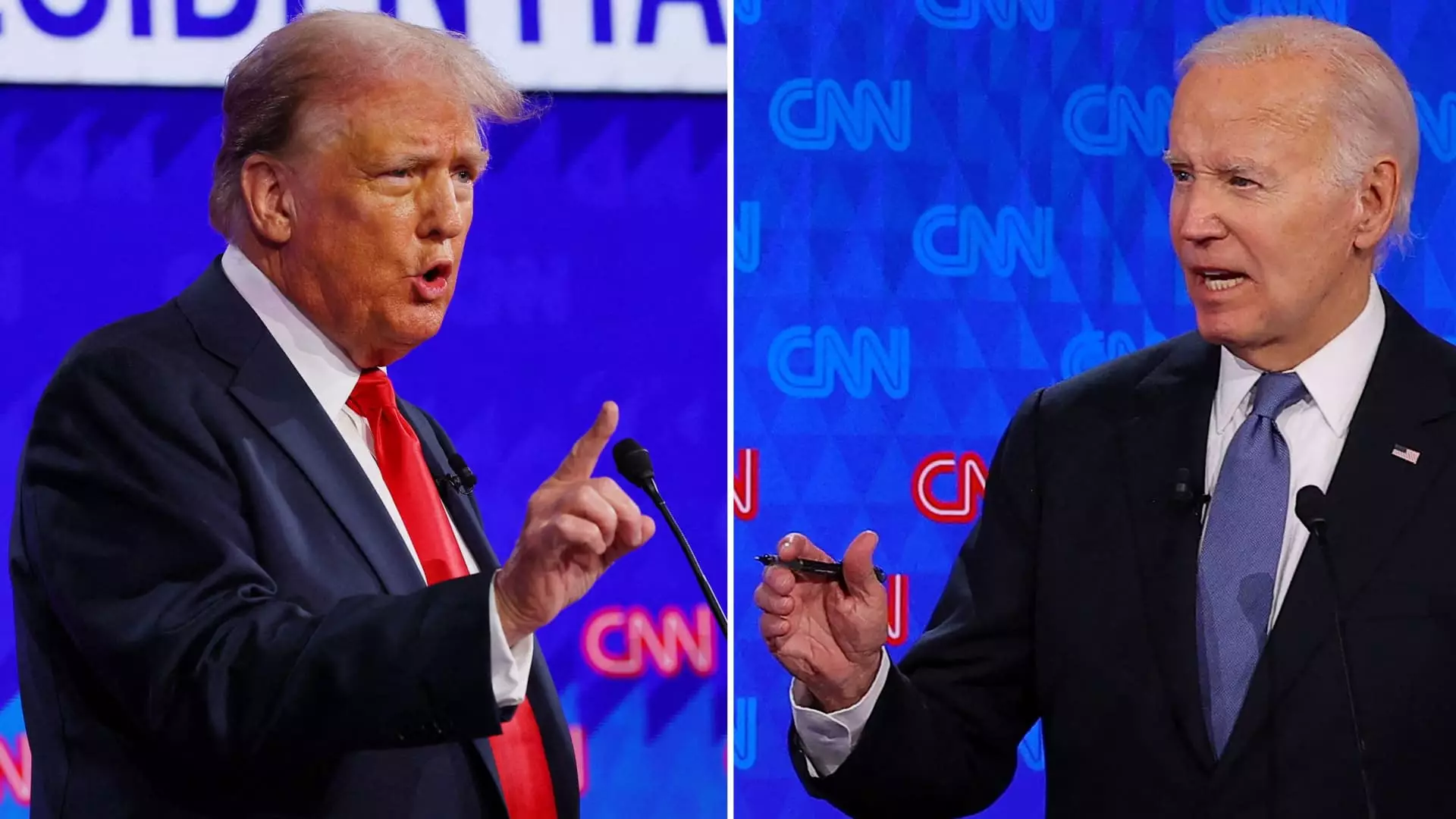President Joe Biden and former President Donald Trump share common ground on tariff policy. Both have utilized tariffs as a tool to protect and grow domestic industries. However, the impact of these tariffs on American consumers and industries is a topic of debate among policymakers and economists.
The Economics of Tariffs: A Tax Increase for Americans
While tariffs may provide short-term benefits for domestic industries, they ultimately result in higher prices for American consumers. According to Erica York, a senior economist at the Tax Foundation, tariffs are essentially a tax increase that is passed on to consumers. Despite this, politicians often use tariffs as a way to signal support for domestic producers.
During his time in office, former President Trump implemented various tariffs on Chinese imports as part of his trade war strategy. These tariffs resulted in approximately $233 billion in duties being collected through March 2024. However, American consumers bore the brunt of these tariffs through higher prices on goods. Howard Gleckman, a senior fellow at the Urban-Brookings Tax Policy Center, highlighted that it is American companies importing Chinese goods who pay the tariffs and pass on the costs to consumers.
A study conducted by the Federal Reserve Bank of New York found that the average household faced an additional $419 in costs per year due to Trump’s tariffs. This significant financial burden highlights the real impact that tariffs can have on everyday Americans.
Comparison of Trump and Biden’s Tariff Policies
Former President Trump proposed various tariff ideas during his 2024 campaign, including a universal baseline tariff on all U.S. imports and a 100% tariff on imported cars. On the other hand, President Biden has focused on more targeted tariffs, such as imposing new rates on Chinese imports. Despite previous promises to remove Trump’s tariffs, Biden has largely maintained them, signaling a continuity in tariff policy between the two administrations.
The Future of Tariffs in American Trade Policy
The debate over the effectiveness and impact of tariffs on American consumers and industries continues to be a hot topic among policymakers and economists. As trade policies evolve, it is essential to consider the long-term effects of tariffs on the economy and consumer welfare. Balancing the protection of domestic industries with the burden on American consumers remains a challenging task for policymakers moving forward.


Leave a Reply